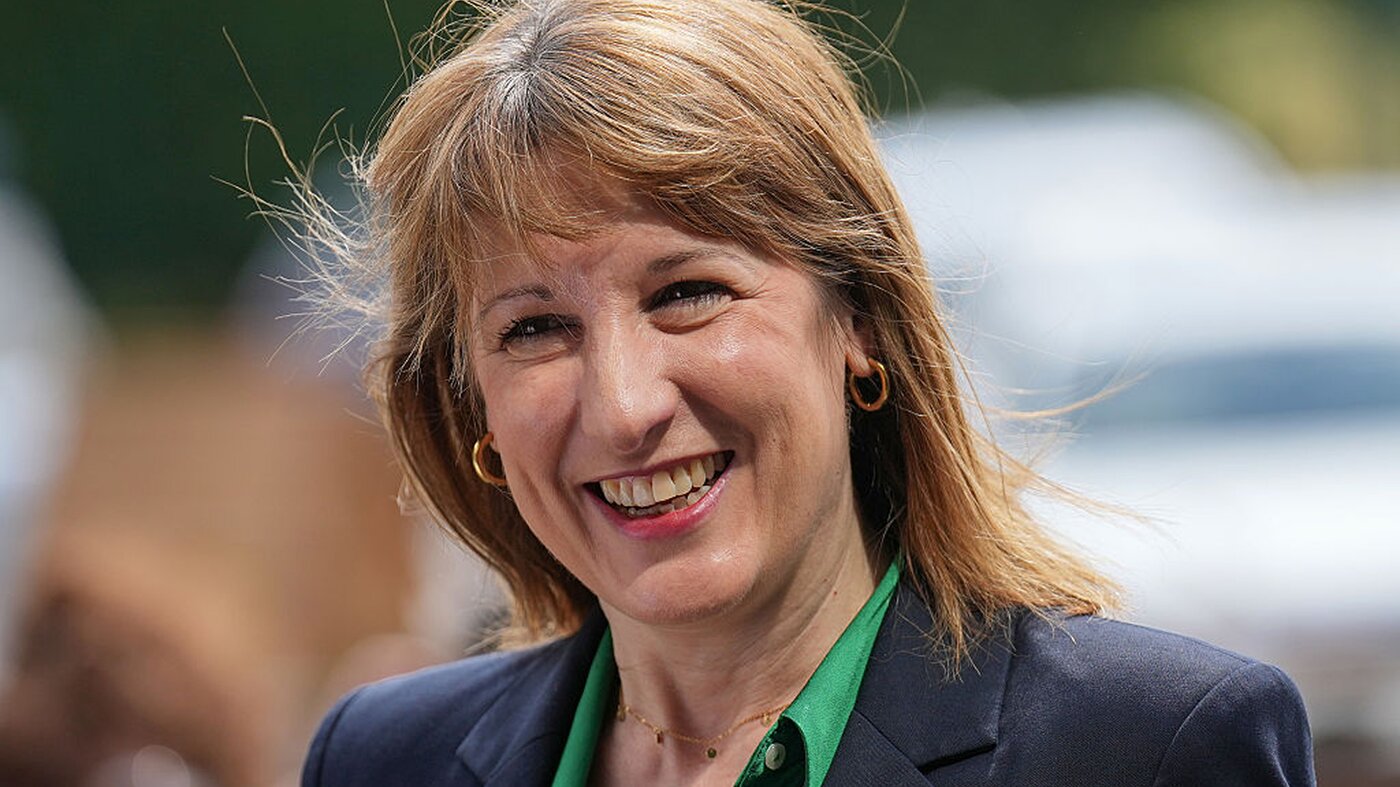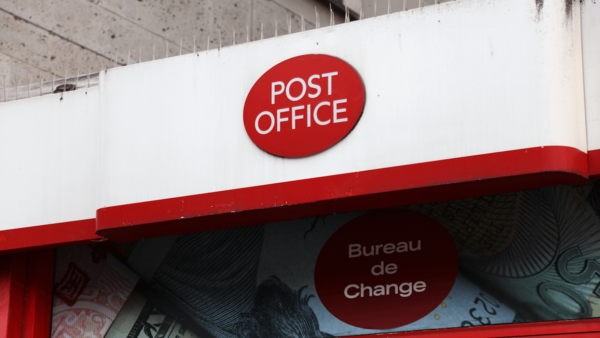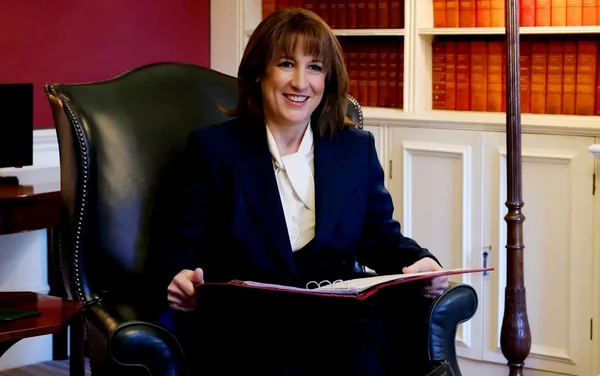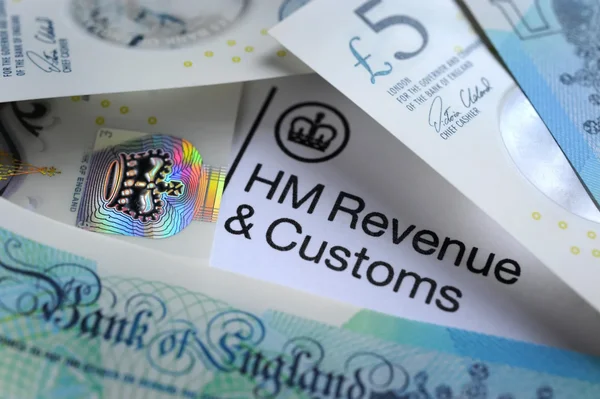Introduction
Labour’s approach to tax policy has come under heightened scrutiny as the United Kingdom navigates a period of economic uncertainty and recovery. As the opposition party signals its stance ahead of a potential general election, business leaders and economic experts have raised concerns regarding the tone and direction of Labour’s messaging.
The debate reflects deeper questions about the future direction of the country’s fiscal framework, with critics cautioning that a perceived moralistic approach to taxation could discourage investment and hamper growth.
With the economic outlook still fragile, the conversation about how best to balance the public finances while fostering growth has become a central issue in UK politics.
The Current Political Climate
The UK is facing continued economic challenges in the aftermath of Brexit, the COVID-19 pandemic, and global inflationary pressures. Fiscal policy has become a cornerstone of discussion as both main political parties prepare policy platforms.
The Labour Party, led by Keir Starmer, has positioned itself as an advocate for “economic stability and responsibility,” while also pledging to tackle perceived tax avoidance and ensure the wealthiest pay their fair share. At Prime Minister’s Questions and during recent political speeches, Labour has emphasised its desire to restore trust in public finances.
However, there is an increasing chorus from the business community expressing concern that the party’s language about “moral” taxation carries the risk of alienating investors at a time when the UK is striving to restore economic confidence and international competitiveness.
Labour’s Stance on Taxation
Labour has outlined its intent to close loopholes and target what it refers to as unfair avoidance in the tax system. Proposals have included addressing non-domiciled tax status, seeking to clamp down on tax havens, and ensuring multinational companies pay a greater share in UK taxes.
Shadow Chancellor Rachel Reeves has consistently stated, “Under a Labour government, the tax system will be fair and robust.” Despite these pledges, the party’s leadership has insisted it is committed to maintaining a stable environment for business. Reeves has offered reassurances that Labour would not implement a “wealth tax” and would keep both the main corporation tax rate and income tax thresholds under review.
Multiple interviews with Reeves since the start of 2024 have sought to allay business fears, with a renewed focus on certainty and predictability for enterprise.
Response from Economic Stakeholders
Senior representatives from across the business sector have questioned Labour’s approach, expressing cautious support while warning of the risks of an overtly moral framing for the debate. The CBI (Confederation of Business Industry) has outlined its concern that a policy “centred primarily on fairness, rather than economic growth, may deter much-needed inward investment.”
City of London figures have echoed these sentiments, urging Labour to clarify its messaging and avoid stoking anxieties among global investors. “It’s vital that any government, whatever its colour, avoids rhetoric suggesting that legitimate business success is unwelcome,” said a leading representative from a major investment bank.
The British Chambers of Commerce have similarly highlighted the importance of clear, predictable, and internationally competitive tax policies for the UK’s recovery.
Historical Context of UK Tax Policy
The UK has a long tradition of adjusting tax policy in line with economic priorities. Conservative governments have generally favoured lower corporate taxes to promote growth, while Labour administrations have historically focused on progressive reforms to address inequality.
Under Tony Blair and Gordon Brown, Labour positioned itself as “pro-business,” balancing progressive taxation with incentives for investment. Following the 2008 financial crisis, both parties recognised the urgency of restoring public finances, albeit through different strategies.
Recent years have seen further debate over how best to balance the demands for economic growth, public investment, and fiscal discipline. In this context, Labour’s current rhetoric has revived longstanding debates about the role of morality in economic policy.
Broader Implications for the Economy
The outcome of this debate over taxation is likely to carry significant consequences for the UK’s economic recovery. Business leaders and economists have warned that elevated uncertainty over tax treatment and regulatory change can deter foreign capital and stifle growth opportunities.
According to the Office for Budget Responsibility’s most recent forecast, business investment remains below pre-pandemic levels and is sensitive to changes in tax and incentives. Moreover, with global competition for investment increasing, the UK faces pressure to ensure its tax regime remains attractive to multinationals considering where to establish head offices and launch new projects.
“Any suggestion that the UK is moving towards a less business-friendly environment will be closely watched by international investors,” the Institute of Directors has cautioned.
Final Summary
The debate over Labour’s approach to UK taxation comes at a crucial moment for the country’s economic future. As the party seeks to balance calls for fairness with a need to encourage investment and growth, its rhetoric and policy detail will be watched closely by business leaders, economists, and voters alike.
The challenge facing Labour and indeed any party vying for power involves restoring public finances, enhancing fairness, and maintaining global competitiveness. How this is achieved will have lasting consequences for the UK’s reputation as a destination for investment and enterprise.
The discussion is far from resolved and is likely to remain a central issue in the political landscape as the country approaches its next electoral cycle.











